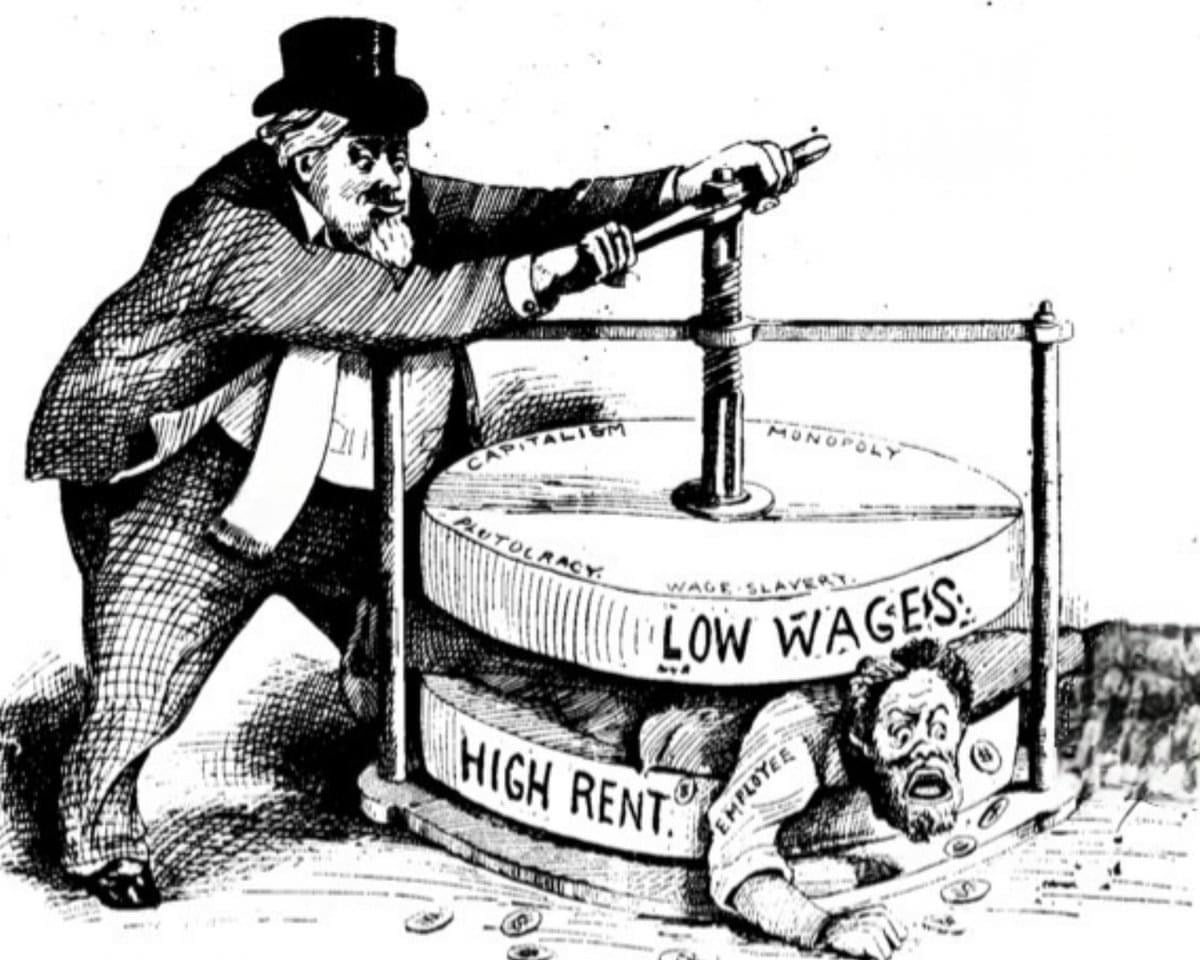Thoughts from the TLC on a new study which looks at how time and culture changes the way we look at, and interact with, other animals.
There’s a famous vegan thought experiment which asks people to envisage putting a rabbit and a strawberry in a pushchair with a small child. We’d expect to see the child pet the rabbit and eat the strawberry. We’d be horrified if the child took a bite out of the rabbit and would most likely book them in for counselling. Violence against animals in childhood is, after all, a famous indicator of psychopathic tendencies. And nobody wants their bundle of joy to grow up to be Hannibal Lecter.
This thought experiment might be seen as a bit of fun to wind up the corpse-eaters, but a recent groundbreaking combined study from the universities of Exeter and Oxford has reinforced what many Total Liberationists have already felt to be true. The report, entitled “The Development of Speciesism: Age-Related Differences in the Moral View of Animals”, outlines the culturally-induced development of speciesism as we move from childhood to young adulthood to full-blown (fully conditioned) adults. The abstract for the research paper gives a good overview of the study:
”Humans care for the well-being of some animals (e.g., dogs) yet tacitly endorse the maltreatment of others (e.g., pigs). What treatment is deemed morally appropriate for an animal can depend on whether the animal is characterized as “food.” When such categorization of animals emerges and when a moral hierarchy of beings depending on their species membership (speciesism) develops is poorly understood. We investigate this development across samples of children (9–11 years old), young adults (18–21 years old), and adults (29–59 years old; total N = 479). Compared with young adults and adults, children (a) show less speciesism, (b) are less likely to categorize farm animals as food than pets, (c) think farm animals ought to be treated better, and (d) deem eating meat and animal products to be less morally acceptable. These findings imply that there are key age-related differences in our moral view of an animal’s worth that point to socially constructed development over the lifespan.”
As social animals, it is in our nature to internalise the mores and values of the culture we find ourselves in. Not to do so, in various cultures throughout human history, could mean isolation, ostracisation and even death. So even if the roots of some cultural norms seem archaic and illogical, their power over us is all too real. Many of the cultural tensions which mark the opening years of the third millennium stem from the challenges to established norms which seem more than a little ridiculous in the modern world. Taboos around sexuality and dogma around identity are like fossils to a generation who realise that where there is consent, there can be no crime. Likewise, where consent is not given (or is coerced from a position of power), then we must protect the victim at all costs (something which is sadly lacking from a judicial system built on property rights).
This is not an argument to say all cultures must adopt a singular worldview or way of being, it is simply pointing out that, as Total Liberationists who wish to end exploitation of human and non-human life, we need to be aware of the potent mechanisms which create a culture of disconnection and denial. From its conception in the 1940s, the vegan pathway was supposed to be one of education and tolerance.
We know this has not always been the case. The puritanism and absolutism which leads to judgmental condemnation from a minority of vegans comes from the same place which creates the aggressive, anti-vegan stance from a minority of non-vegans. They represent an extreme opinion held by the few, but disinformationists and sensationalist journalists will always seize on the extreme. The aims of the Vegan Society being: “A world where animals are free to exist in their own right. We promote a lifestyle that excludes, as far as possible and practical, all forms of exploitation of – and cruelty to – animals for the purposes of food, clothing or anything else. We also want a just world for humans.” We have added emphasis here because the ‘as far as possible and practical’ line is essential to any movement which wishes to change cultural norms through education. We understand the passion behind more intolerant viewpoints, but in a highly polarised, anti-dialectical society such as ours, it can be a barrier to real and lasting change. Although we would add that when it comes to direct action, we should also use any means possible and practical to end suffering and exploitation.whenever the opportunity is presented to us.
The report points out that it takes incredible “moral acrobatics” to balance the conflicting ethical values which allow a large percentage of the population to both love and eat animals. As the report’s lead author, Luke McGuire has observed:
“Something seems to happen in adolescence, where that early love for animals becomes more complicated and we develop more speciesism […] It’s important to note that even adults in our study thought eating meat was less morally acceptable than eating animal products like milk. So aversion to animals – including farm animals – being harmed does not disappear entirely.”
The fact that we are largely conditioned to accept that animal exploitation is ‘normal’ explains some of the over-the-top, sometimes violent reactions people have to those who identify as vegan. To find the idea that somebody has chosen, ‘as far as possible and practical’, to try to lessen their impact on other beings offensive is a symptom of the internal ethical conflict we all carry, whether we recognise it or not. The same is true of the knee-jerk reactions we see to things like feminism, anti-racism and gender fluidity. At a one-to-one, human level, people are inclined to live and let live. As Norwegian filmmaker Deeyah Khan has often pointed out, hatred does not survive genuine human contact. Children, in their state of preconditioning, are not naturally racist, sexist, classist or speciesist. In fact, we at the TLC would argue that they are natural born liberationists.
We volunteer at a community project which sometimes works with children in alternative provision (a government scam designed to massage the exclusion figures where kids are put through a twelve week programme of behavioural ‘education’, only to be dumped back at square one when the programme ends). One week they were making a newsletter and were interviewing us about our project when one of them looked at a tee-shirt one of us was wearing and asked “What is anarchism?” What else could we do but give them an education? At the end of our talk they said: “Well that seems to make a lot of sense.”
Trust your inner child, demand Total Liberation.
Yours, the TLC








